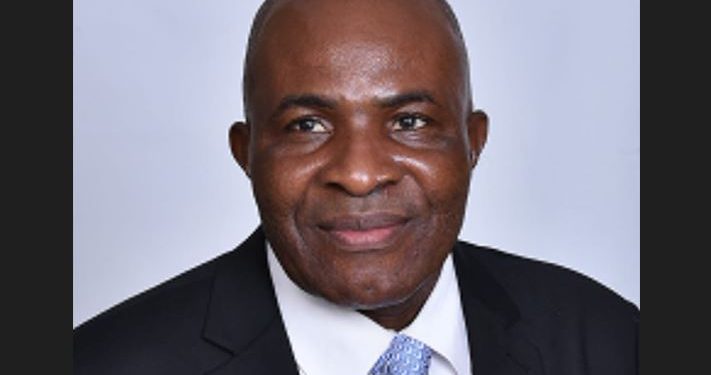The Institute of Chartered Accountants of Nigeria (ICAN) has urged the Federal Government to establish a National Economic Recovery Committee to assess the current economic landscape and propose actionable recommendations for improvement. Chief Davidson Chizuoke Alaribe, ICAN’s Diamond President, made this appeal at the 54th Annual Accountants Conference (AAC) held in Abuja.
Alaribe proposed that the committee’s membership should include representatives from professional bodies, traders, religious and civil society organizations, academia, traditional rulers, and the private sector. He emphasized the importance of the government assuring that the committee’s recommendations would be implemented promptly.
In addition, Alaribe called for urgent action to fix the nation’s refineries and promote private-sector investment in this area. He stated, “The government must focus on fixing the nation’s refineries and encourage private sector investment. This will ensure an adequate supply of fuel at affordable prices, reducing our dependence on imports and creating stability in the energy market.”
Alaribe also urged the government to revitalize a National Airline through private sector participation and to provide greater support for Small and Medium-sized Enterprises (SMEs), which he described as the backbone of any economy and essential for sustainable growth. He stressed the need for good governance in Nigeria’s quest for economic recovery and development.
The theme of this year’s conference, “Governance Reimagined: Mapping the Future,” seeks to transform Nigeria’s governance landscape. Alaribe highlighted the critical need for institutional reforms, citizen engagement, technology-driven governance, economic diversification, and human capital development to create a more resilient and equitable future.
He referenced a World Bank report stating that countries with strong governance frameworks have GDP growth rates that are 2.7 times higher than those with weak governance. Transparency International also indicates that countries with better governance experience lower corruption levels and higher public trust.
With Nigeria’s current unemployment rate at 4.0%, Alaribe underscored the need for job creation through effective governance. He urged the Federal Government to revisit the current exchange rate determination process, stating that a comprehensive review is essential for establishing the true value of the Naira and boosting investor confidence.
Furthermore, Alaribe encouraged Nigerians to change their consumption habits regarding foreign goods, urging a reassessment of what he termed “our borrowed culture.” He stated, “We must embrace what we produce and export to the global market rather than continuing the misconception that foreign goods define social class.” He tasked nearly 9,000 delegates attending the conference, both in-person and virtually, to develop a comprehensive framework to address governance challenges, paving the way for Nigeria’s growth.
“This gathering offers us an opportunity to reflect on the challenges ahead and envision innovative strategies that will redefine governance for the future,” he concluded. Alaribe expressed hope that the resolutions from this conference would contribute to enhancing governance systems and advancing the economic progress of Nigeria.










